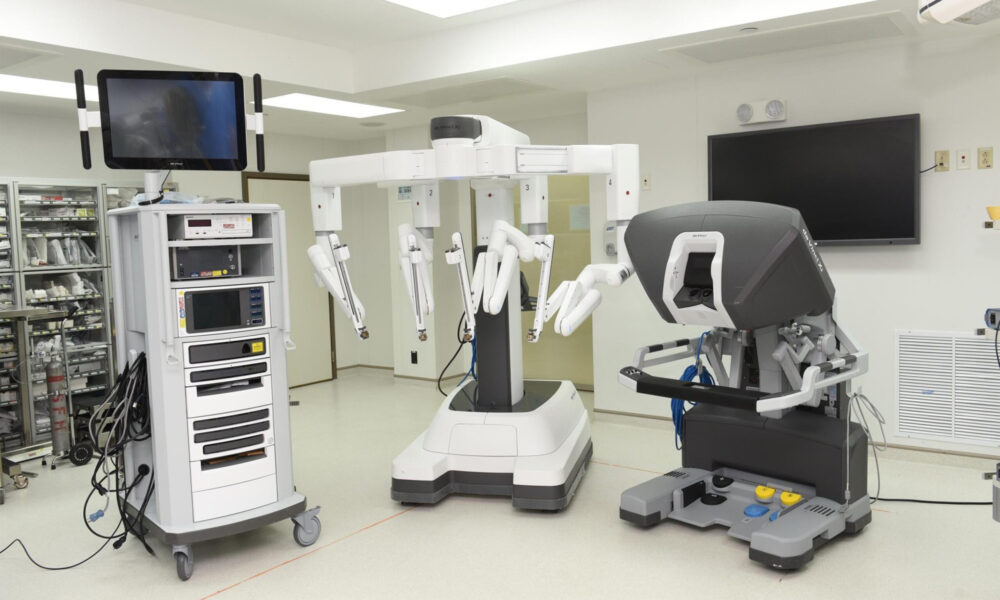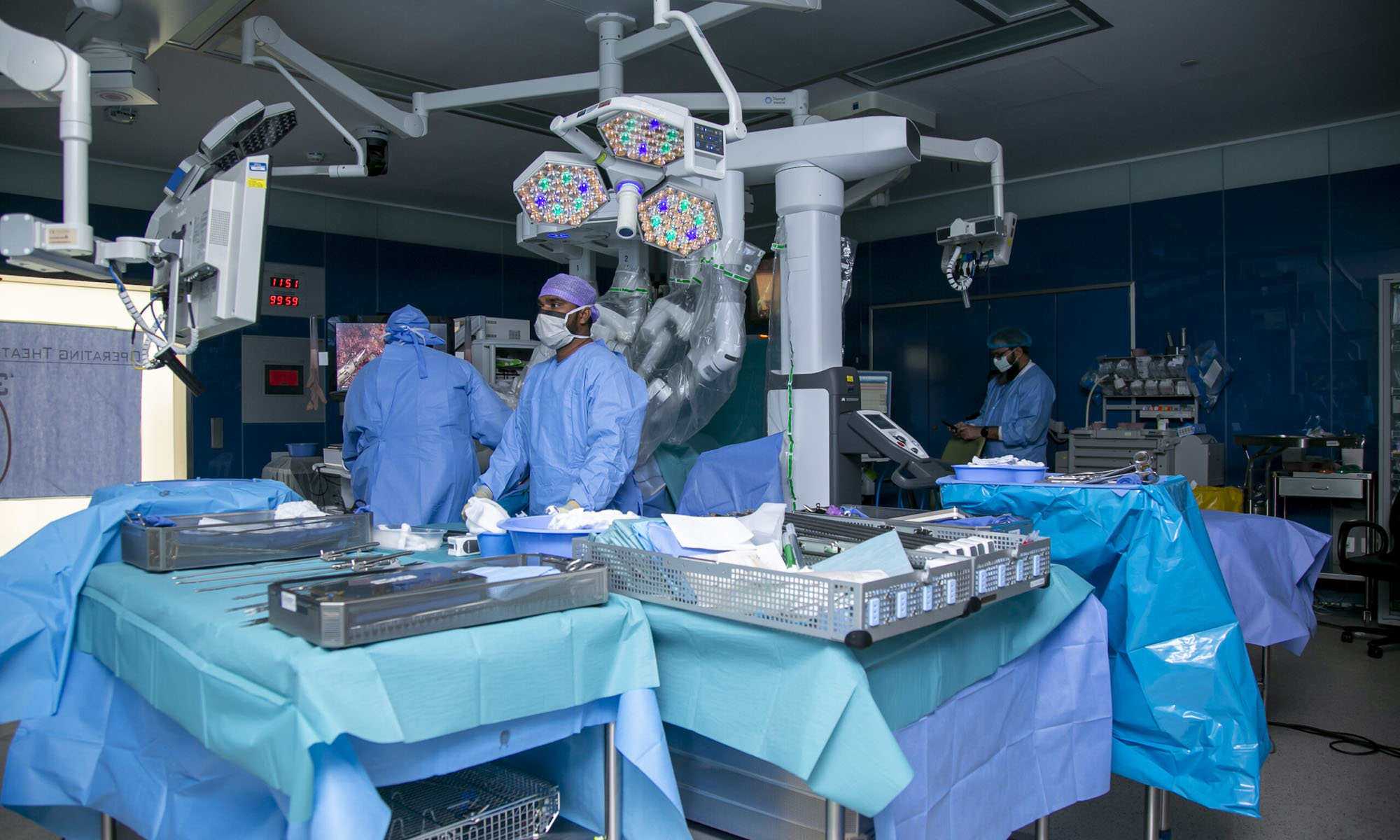News
Saudi Hospital Performs First Fully Robotic Liver Transplant
The groundbreaking surgery paves the way for future medical innovation.

King Faisal Specialist Hospital & Research Center’s (KFSH&RC) Organ Transplant Center of Excellence (OTCoE) in Riyadh, KSA, has successfully completed a groundbreaking surgery — a liver transplant performed entirely by robots.
The donor recipient, a 66-year-old Saudi male battling non-alcoholic liver cirrhosis and hepatocellular carcinoma, was treated on September 6th. The man is the first in a long line of future patients who will benefit from fully robotic transplants at the Saudi facility.

While other surgical establishments have experimented with minimally invasive liver transplants using hybrid robotic techniques, KFSH&RC is the only one to successfully perform a fully robotic liver transplant. The high-tech machinery enables surgeons to make smaller incisions, allowing for faster recoveries and radically reduced rates of post-op complications and infections.
Dr. Dieter Broering, Executive Director of the Organ Transplant Center of Excellence at KFSH&RC, noted: “With this remarkable feat, we at KFSH&RC reaffirm our commitment to pushing the boundaries of medical innovation and enhancing the quality of healthcare services offered to patients worldwide. The successful implementation of fully robotic liver transplants marks a pivotal moment in the history of organ transplantation and firmly positions KFSH&RC as a world-leading center in this field”.
Also Read: Google Is Developing An AI Cancer-Spotting Microscope
The KFSH&RC Robotic Surgery Program and its Da Vinci Xi robots now operate across several surgical departments:
- Gynecology, including operating on uterine cancers, benign hysterectomies, and myomectomies.
- Urology, for the treatment of kidney, ureter, bladder, and prostate tumors.
- Neurology, where electrodes are implanted into the brains of patients suffering refractory epilepsy and hemispherectomies.
KFSH&RC is now recognized as a leading Training Center for robotic transplants, opening the doors to collaborations with other medical institutions and driving global progress in minimally invasive surgeries.